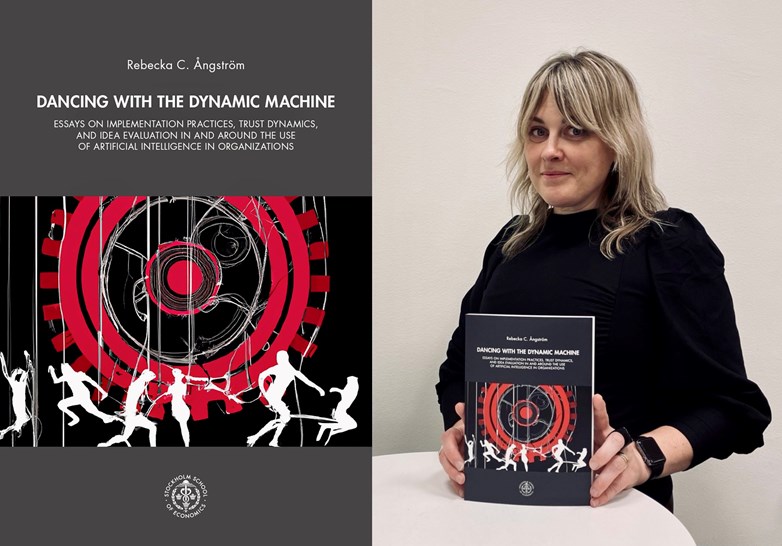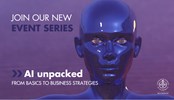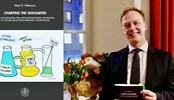AI in the workplace: Dr. Rebecka C. Ångström illuminates the challenges of trust and Adaptation
Background:
Dr. Ångström's work delves into the growing significance of AI in roles and tasks historically managed by humans. Her research is particularly timely, as AI continues to integrate more deeply into various organizational aspects, necessitating a comprehensive understanding of its implications on the fabric of workplaces. This study is built upon diverse methodologies, including a multinational survey, a longitudinal case study, and a field experiment, each providing unique insights into the complex dynamics between AI and human interactions within organizations.
Detailed findings:
- Organizational Transformation Through AI: The study provides an insightful look into how AI induces continuous transformations in organizational structures and decision-making processes.
- Cycles of Trust and Distrust in AI: One of the core findings is the emergence of distrust cycles among employees, spurred by the limited understanding and inherent biases associated with AI. This distrust is linked to misconceptions about AI's capabilities and a general lack of AI literacy.
- Shifts in Expertise Due to AI Integration: Dr. Ångström's research also suggests the need for a significant shift in expertise requirements within organizations. This shift challenges existing misconceptions and sets the stage for more realistic expectations regarding AI functionalities and its role in organizational environments.
Implications:
The insights from Dr. Ångström’s research hold substantial implications for leaders, policymakers, and academia. They highlight the need for enhanced AI literacy and strategic adaptation within organizations, advocating for a shift in traditional operational models to accommodate the evolving role of AI. The findings also pave the way for further research into the integration of AI in workplaces, emphasizing the need for a balanced and informed approach to AI management and trust-building strategies.
Conclusion:
Dr. Ångström's dissertation, "Dancing with the Dynamic Machine," offers a nuanced and comprehensive view of AI's impact on trust dynamics and organizational structures. Her work serves as a critical resource for understanding and navigating the challenges of AI integration in the modern workplace, highlighting the importance of embracing AI as a transformative force in organizational development and management.
Researcher's profile:
Dr. Ångström, associated with the Department of Innovation Entrepreneurship and Technology, House of Innovation at the Stockholm School of Economics, and a Principal Researcher at Ericsson Research, has demonstrated deep insights into the interplay between AI, organizational behavior, and trust dynamics. Her research not only enriches academic discourse but also provides practical tools for organizations grappling with AI integration complexities.




